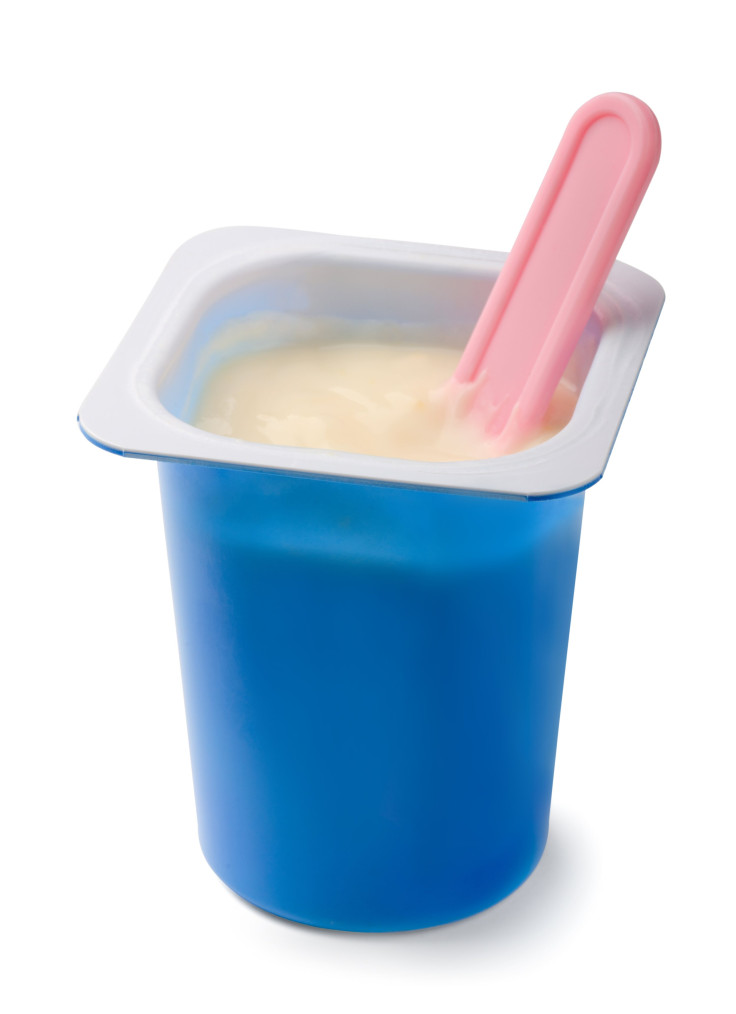Nineteen Students In China Hospitalized From Poisoned Yogurt; Perpetrator Deemed Mentally Ill

Nineteen primary school children in China were sent to the hospital after being sickened from poisoned yogurt, according to the Xinhua state news.
The yogurt was reportedly laced with poison and herbicide. A 34-year-old woman with a suspected mental illness admitted to poisoning the yogurt drink before sending it to the students. Only three of the primary school students were in serious condition. All of the victims survived and did not suffer any urgent injuries, Reuters reports.
China has seen an array of both food safety issues as well as school attacks in recent years. Because the use of private firearms is banned in China, school attackers have instead used knives to stab children as well as teachers in several incidents that occurred in kindergartens and schools between 2010 and 2012. The majority of these attackers did not appear to have a specific motive, so authorities have pointed to mental illness as being the underlying issue behind the attacks.
Another incident of poisoned yogurt occurred in China earlier this year, when two girls died after eating yogurt tainted with rat poison that was found outside their kindergarten. A woman who was reportedly the head of a rival kindergarten had asked a man to place the poisoned yogurt with notebooks on the road to the kindergarten that the two girls attended.
Other poisoning incidents have occurred in China, such as when two teachers and 70 kids at a nursery fell ill when someone at a rival institution placed rat poison into the table salt. Plenty of other poisonings have happened because of family disputes as well. Incidents like these show “the serious decline in our country’s morality and the loopholes in the judicial safeguards that people rely on,” Tan Fang, a professor at South China Normal University, told the Guardian. “China boasts of having the traditional morality of ‘respecting the old and cherishing children’. Children don’t hurt economic interests, or political interests, but criminals will even commit crimes against children.”
Perhaps one of the more well-known incidents of tainted food in China was the 2008 infant formula scandal, when baby milk was contaminated with melamine. Some 300,000 victims were affected. Six babies died, and 54,000 others were hospitalized due to the chemical. China continues to struggle with food safety issues, even though the infant formula scandal shed light on the need to tighten regulations on food products.



























